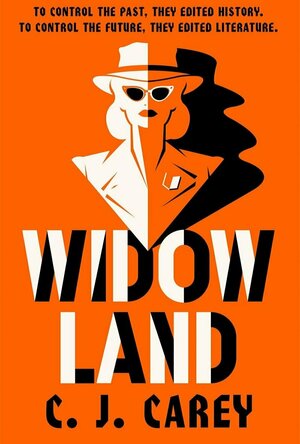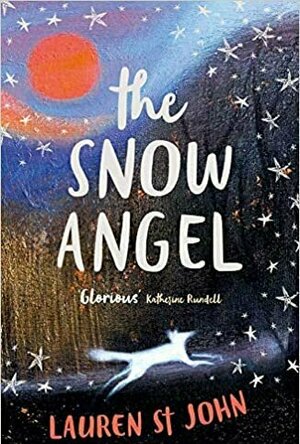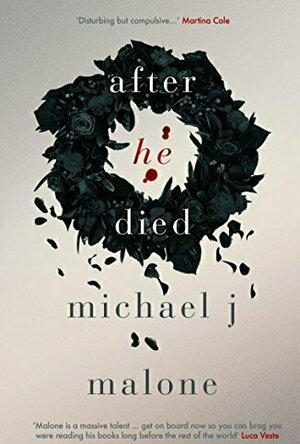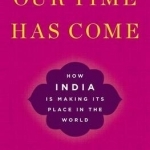
Our Time Has Come: How India is Making its Place in the World
Book
In the last 25 years, India-soon to be the most populous nation in the world-has experienced...
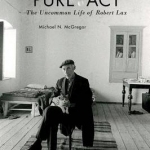
Pure Act: The Uncommon Life of Robert Lax
Book
The only biography to receive awards from both the Association of Catholic Publishers and the...
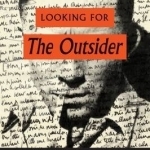
Looking for the Outsider: Albert Camus and the Life of a Literary Classic
Book
The Outsider is a rite of passage for readers around the world. Since its publication in France in...

Eaglewood Pavilion
Book
The two stories in this collection of Chinese stories are related to the life of people living in...
Even though there’s a huge shortage of young men (they’ve been ‘shipped off’ to the rest of occupied Europe to ‘work’) and women greatly outnumber men, women are divided into categories, or castes. These depend on their age, heritage, reproductive status and physical characteristics, and each category is named after a significant woman in Hitlers life. Rose is a Geli, one of the elite. Young, beautiful, and most importantly, fertile.
I thoroughly enjoyed this and read it far too quickly. It had a black and white, 1950’s movie atmosphere about it, and I could easily picture the people and scenes in my head. It brought to mind The Man in the High Castle with regards to Occupation, and 1984 with regards to feeling as though you’re constantly watched - as well as the people being told how to react, think and live. This was especially evident in Rose’s job: she rewrites classics so that they’re in line with the regimes ideals: so no independent, strong females, and all the male leads are changed to Sturmbannführer (at least!).
The drudgery of everyday life made me think of how I envisaged life in the GDR - as well as only allowing state sanctioned literature, there was only one radio channel in Grand Alliance Britain, with some brave people listening to illegal foreign radio stations, knowing that this could result in extreme punishment.
When Rose goes to Widowland near Oxford (there are a few throughout the country) to find the source of a potential rebellion, she’s shocked to see older women living in abject poverty, only permitted to eat a subsistence diet and work menial jobs. But these women are intelligent, and they’re not happy in their state regulated lives. Between her reading of classic books and meeting these women, Rose begins to see what’s wrong with the world she has been living in, and this dawning realisation is so well described. We see how reading ‘subversive’ classics seems to get under her skin, and how she realises that the treatment of women is wrong in this Grand Alliance.
I could go on and on. I raced through this book, and I loved the ending, which came far too quickly!
Many thanks to Quercus for my copy of this book through NetGalley.
BookInspector (124 KP) rated The Snow Angel in Books
Sep 24, 2020
I really enjoyed this book and its complex characters. The protagonist in this novel is Makena. She is a very smart person for an eleven-year-old. Her thoughts about life, survival and friendship were so inspiring to me, that’s why, I think, this book is superb for young readers. Makena teaches so many great values and shows great appreciation for things that matter in life. I really loved that the author chose such unique and original characters. They all had very intriguing personalities and their input in the story was irreplaceable. The story was mostly told from Makena’s perspective, and it was fully sufficient for me.
The narrative was absolutely gorgeous. It has a lot to offer to the reader, it is serious, educational but at the same time playful and magical. I think the author has done a great research for this book, and her personal experience was very well utilized in this novel. There is plenty of surprises in this story, which kept me glued to this book. I really loved the topics which the author was discussing, such as Ebola and its effects on the families they left behind, poverty and fight for survival, charity workers and their lives, and many more. The setting and atmosphere always change in this book, from Mount Kenya to slums, to the Scottish Highlands, so, your imagination will not be bored and will be taking you to various places…
I really enjoyed the writing style of this novel, I think it was very well crafted and I found it easy, and pleasant to read. The chapters are not very short, but for me, they just flew by because I was absorbed by the story itself. It has absolutely stunning illustrations by Catherine Hyde, and it makes the whole reading experience even more pleasant. I did enjoy the ending of this book, I think it rounded the story very nicely and gave the closure which left me very satisfied.
So, to conclude, this is a very beautiful story, filled with inspiring and motivating characters, who made me smile and cry on multiple occasions, and I do strongly recommend this book not only to children but to adults as well. There are plenty of things to learn from little Makena.
BookInspector (124 KP) rated After He Died in Books
Sep 24, 2020
The narrative of this novel is very masterfully delivered. It covers a really wide spectrum of events: we have a domestic noir, filled with family relationships and grief, and at the same time we have murders and mystery which are unfolding very slowly. I really liked the topics M. Malone discussed in this book, such as poverty and homelessness; how people deal with grief and what death brings to the families; drugs and how it influences people and their future, etc. I think this novel is more character driven than the investigation itself, but all these talks about feelings and sadness were too much for me at times, I wanted more pace and more unexpected findings. 🙂 Don’t get me wrong, there were plenty of surprises and twists, but I needed more. 😀
I really enjoyed M. Malone’s writing style, it is a very well crafted novel, and his way of sharing Scottish lingual nuances was absolutely adorable and I really liked them. 🙂 This book has a very strong “rich vs. poor” accent, and the setting is changing between luxury, wellness, and shady areas with homeless people, and I found it very well balanced in this book. The chapters were pretty short, and the whole novel was quick and easy to read. The ending of this book rounded this novel very well and it did leave me satisfied. So, to conclude, this is a very sensitive novel, where the pain after someone’s death is very raw and haunting, but at the same time, it is a great thriller filled with very realistic and casual characters and a very unexpected plot. I really liked this novel, and I hope you will give this book a try and enjoy as much as I did.

Democracy 3
Games
App
Ever wanted to run the country? Have you ever wanted to be president? or prime-minister? Convinced...
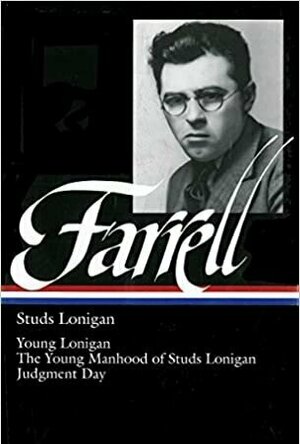
Studs Lonigan
Book
This Library of America volume contains one of the masterpieces of American naturalism and a major...
